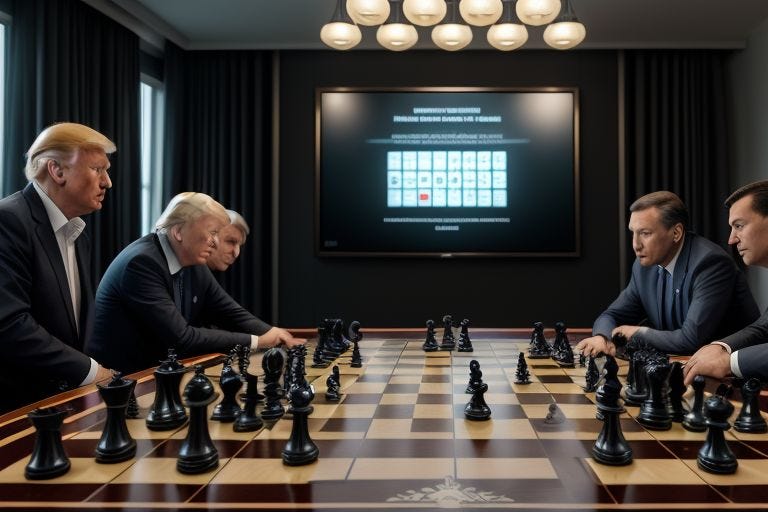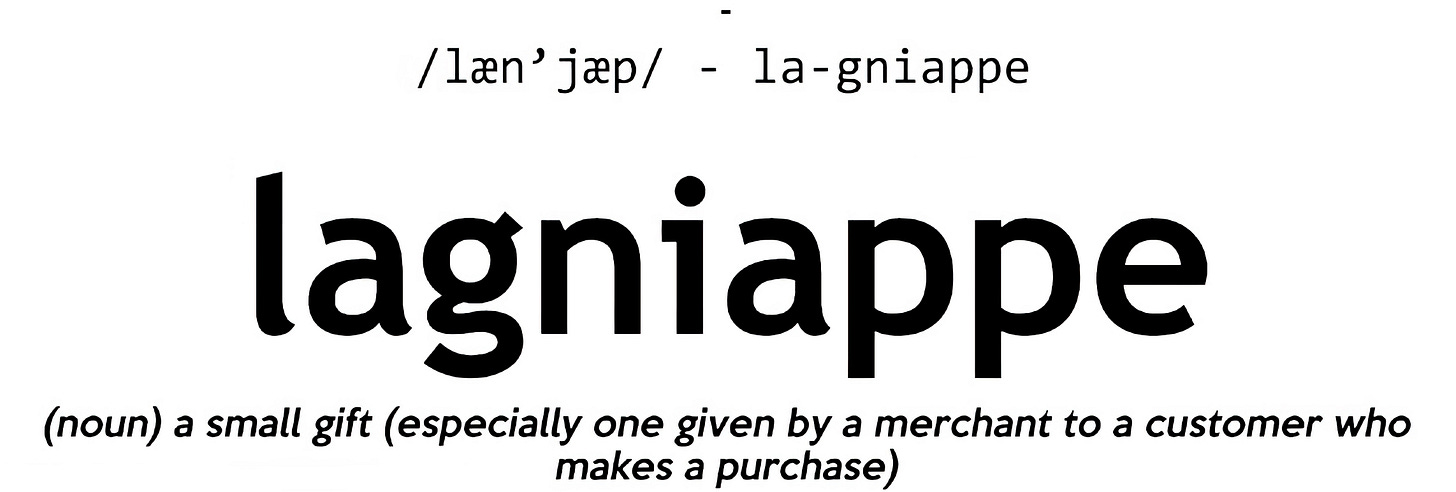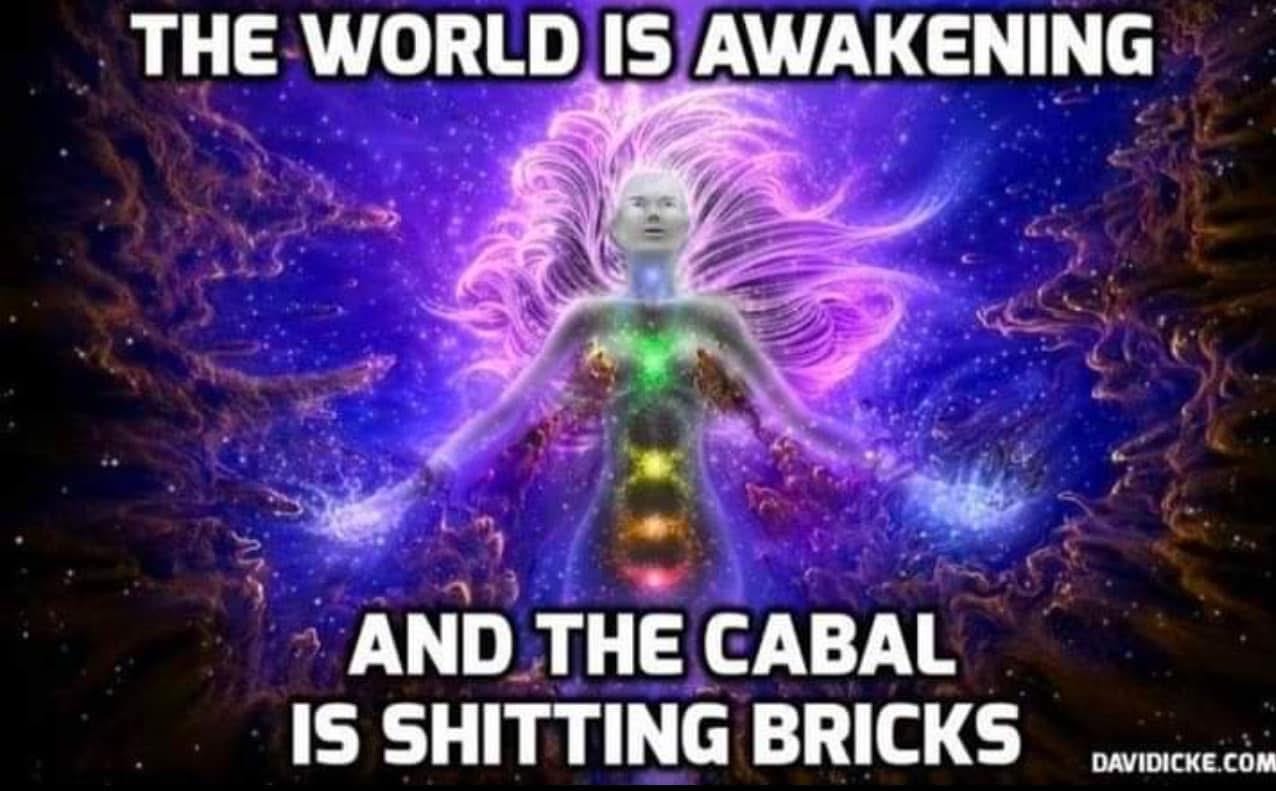Trump Administration Declares War on EU Elites: A Gauntlet Thrown in Global Politics
In a Blistering Three-Day Onslaught, Trump and Team Stun Europe, Redefine Alliances, and Challenge New World Order "Globalist" Norms...
The Trump Administration has unleashed a seismic shift in U.S.-Europe relations, leaving the continent’s elites reeling and the global order in disarray.
In a whirlwind diplomatic assault, President Trump has dramatically shifted the dynamics of the transatlantic alliance, exposing Europe's vulnerabilities and challenging its leaders to confront their deepest political insecurities.
Over just three days, President Trump and his team delivered a masterclass in disruption, humiliating and confounding America’s closest allies while boldly advancing an "America First" agenda.
From NATO to trade tariffs, and from AI regulation to European domestic politics, the Trump team’s actions have sent shockwaves across the Atlantic.
The administration set off a geopolitical storm that left NATO allies questioning their preparedness and unity in the face of a resurgent U.S. foreign policy under Trump.
The seismic events began with Trump's audacious move to initiate direct peace talks with Russia… sidelining Ukraine and leaving European leaders scrambling.
This maneuver left the traditional fabric of alliance politics in tatters, as Trump and his Defense Secretary, Pete Hegseth, demanded Europe shoulder more of its own defense responsibilities—a shift allowing the U.S. to pivot attention towards the rising influence of China.
But it was Vice President Vance’s fiery rhetoric at the Munich Security Conference that truly set Europe ablaze.
In a speech that left attendees “silent, stunned, and steaming,” Vance accused EU officials of acting like Soviet “commissars,” condemned European censorship, and lambasted the continent’s handling of mass migration, linking it directly to recent terrorist attacks.
His unprecedented meeting with Germany’s far-right AfD leader—while snubbing Chancellor Olaf Scholz—marked a brazen intervention in European politics, signaling a clear break from traditional diplomatic norms.
The Trump Administration’s actions this week were not just a rejection of European leadership but a full-throated assault on the globalist status quo.
[Editor’s Note: I SO love watching the effete Eurocrat globalist elites shit-their-pants. Just WATCH their facial expressions in the video link above - it’s utterly delicious!]
By challenging NATO, undermining EU unity, and openly siding with populist movements, Trump and his team have made it clear: the old rules no longer apply.
This week was a wake-up call—one that leaves the future of the transatlantic alliance hanging in the balance.
For Europe’s elites, long accustomed to American deference, these developments are a wake-up call, challenging the continent's leaders to adapt to a new geopolitical era defined by unvarnished U.S. assertiveness and altered allegiances. The Trump Administration's actions have not just disturbed the peace but prompted a reevaluation of Europe's role on the world stage and its relationship with America.
As Europe recovers from this diplomatic trial by fire, its leaders must grapple not just with political pragmatism but with defending the core values that underpin their societies. In doing so, they face choices that will determine the future trajectory of the transatlantic alliance amidst the shifting tides of global power politics.
As the dust settles, one thing is certain: the Trump Administration has thrown down the gauntlet, and Europe is left dazed, dumbfounded, and desperately searching for a response.






I find it strange that how I feel, how my thinking on so many things aligns neatly with the Trump administration's position on geopolitical affairs. I feel that my position has barely altered but the world now shifts to meet me - not entirely of course because that would be weird but now I hear leaders saying what I have been yelling at screens for the last four years. It's like mentally coming home or something... a relief really.
Ok, thank you for sharing this. I always appreciate hearing new information, and even if I don't agree with someone, I welcome other opinions on these kind of issues.
I don't dispute there are globalist elites or leftist elites anymore than there are elites on local levels and on the right. I only point this out because this argument is being used to divide nonelites to fight a war on behalf of two (and really within those two, multiple factions of elitists). It's same history repeating itself over and over again.
I do find it offensive for JD Vance to claim education and professors are the enemy when he: 1. Attended one of the most well connected and established Ivy League law schools in the country which allowed him to obtain his current position of power. 2. Continues to promote voices of Ivy League professors at one of the other major institutions. 3. Also promotes the ideals of people like Curtis Yarvin, who is not part of an established institution, but born to parents who were part of one, and may have represented the epitome of liberal elitism that the entire neoreactionary movement seems to rebell against. I have a hard time not feeling like this is almost a 50+ year long rebellion against his own parents that he's trying to spread to others who really should not be able to relate to this man's lofe circumstances or the things that led to him feeling this way. Vance is actually from a very similar background as my own, and I feel that his own exposure to liberal elitism and being outcast by those elites (which I also felt when I became the first in my family to get a degree, even at a public university) has led to his willingness to join up with men like Yarvin in an attempt to feel like he fits in.
The same opportunities Vance used to "pull himself up by his bootstraps," rely on the institutions hes dismantling. I agree they could use restructuring, but to dismantle completely will rob many of the same opportunities he was provided. I almost feel more anger towards Vance because it seems more of a personal desire to fit in with people who were handed what he had to work so hard for, whereas Yarvin seems to be rebelling to the environment he was born into without really comprehending the reality of how many people like Vance exist and rely on the system he wants to destroy. The system that only allowed certain men from certain connected families to even obtain an education, and left almost no possibility of merit based social mobility.